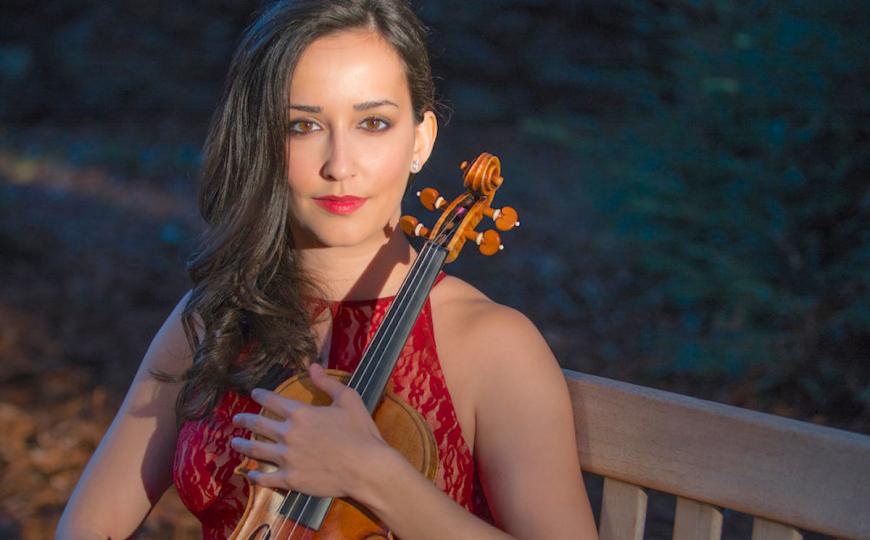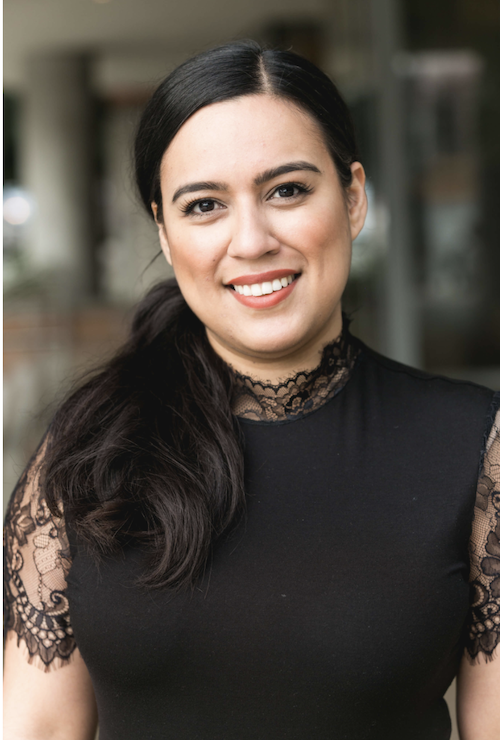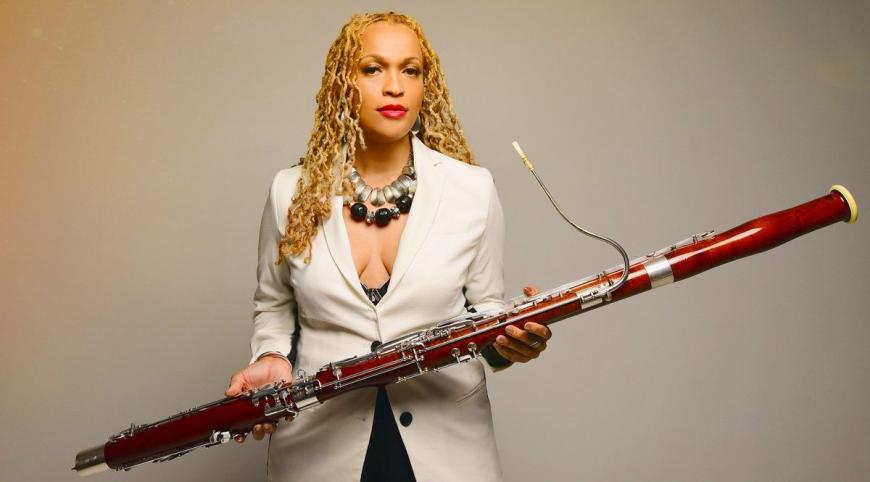
Ask a successful classical musician how they made it in such a highly competitive field, and most will gratefully acknowledge the importance of role models and mentors. But finding generous professionals who embody what’s possible and provide valuable guidance can be a challenge, especially when you don’t look like the performers you see onstage.
Filling that need is the major goal of the Colburn School’s Fortissima program, which its director, Jazmín Morales, calls “a leadership and artistic development program created by women of color, for women of color.”

Its goal is “to inspire, equip, and empower a new generation of diverse, female musicians to claim space and actively contribute to shaping the future of the field,” added Morales, who serves as assistant director of Colburn’s Center for Innovation and Community Impact.
Originally confined to students from Southern California, Fortissima has been expanded this year to include gifted female high-school musicians from around the nation. A new cohort of 10 young players, all women of color, enters the six-month-long program this week.
The participants, all instrumentalists between the ages of 14 and 17, will take part in three virtual learning sessions focused on career development, leadership, and community engagement. Each will be paired with a mentor, with whom they will meet monthly via Zoom.
The mentors include such distinguished musicians as violinist Karla Donehew Perez, co-founder of the Catalyst Quartet; violist Jennifer Arnold, director of artistic planning and orchestral operations of the Richmond Symphony; and bassoonist Monica Ellis, founding member of Imani Winds.
The program will culminate in a weeklong in-person intensive, which will bring all of the participants to the Colburn School campus in downtown Los Angeles. Their training will focus on everything from critical listening and mindfulness to networking and “personal branding.” In addition, they will observe conservatory classes and, if desired, arrange for trial lessons with members of the Colburn faculty.

The intensive, which begins Oct. 30, is the biggest change from the pilot program, according to Morales. During that week, the participants will “be immersed in Fortissima experiences for 12-plus hours per day,” she said. “We believe this will be more effective in delivering a program with deeper impact and greater reach.”
The program is provided at no cost to the participants. Young women who took part in the pilot program, which was founded in 2017, are currently studying at such major universities as UCLA, USC, and Stanford.




